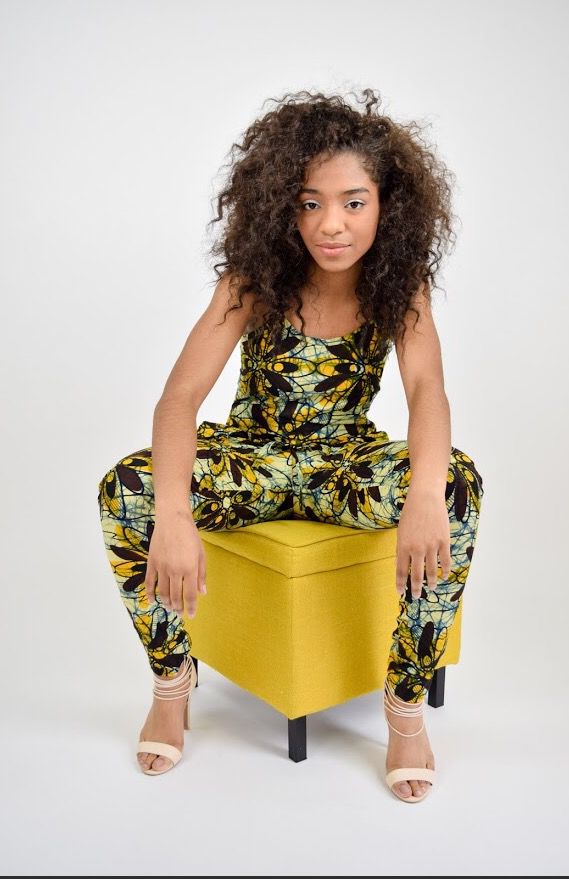Local clothing line: ethical clothing ‘can be done’
May 8, 2017
Rahel Mwitula Williams’ clothing company is named ILAVA, meaning “it can be done” in Hindi.
Starting in 2016, Hyde Park resident Mwitula Williams, 37, and her sister, Mwasi Mwitula, 39, began the business to give back to their home community in Tanzania. The online shop employs women in Tanzania and Kenya and provides them with income for education, uniforms and transportation.
“[I have a desire] to connect my roots with the love of fashion and the desire to have a more sustainable economy for women,” Mwitula Williams said.
The clothing, which combines regal African prints with comfortable styles, is made by talented women, Mwitula Williams said. ILAVA creates a partnership between her vision and the women’s skill, she added.
“You should see their faces when you show them pictures of the model wearing their pieces,” Mwitula Williams said. “They’re like, ‘OK, so I’m not just this hopeless woman that the world has written off. I have a skill and talent that matters and is useful.’”
In addition to jobs and stable incomes, the company provides the communities with other resources, such as bicycles for students. For each piece of clothing sold, part of the proceeds goes to a charitable cause, Mwitula Williams said.
“By buying [our clothing], you are going to give a girl a uniform for school, and she’s going to feel so proud of herself and her identity,” Mwitula Williams said. “That connects with a lot of our customers to be able to do that.”
Mwitula Williams said she was motivated to create the brand after going to Kenya in 2009 in a graduate study-abroad program with DePaul University. During the trip, she visited corporations and artisans across the country. The company combines a love of fashion she cultivated while working in retail with a nonprofit business model, she said.
Mwitula Williams said the company is designed to give women in Africa a head start on employment and social responsibility instead of producing profit for the owners.
“In the future, we hope to have a bigger factory where we can employ more people to create an economy, where money goes in and out instead of just being stuck and [women] are not able to do anything for themselves,” Mwasi Mwitula said.
Shakeena President-Deckford, who models for the company, said she has been inspired by the sisters’ business ideas. President-Deckford teaches dance at After School Matters, 66 E. Randolph St., and wants to bring those skills back to her country, Saint Lucia.
“It’s an honor working with [Mwitula Williams] because that’s the exact same thing I want to do later with my craft,” President-Deckford said.
Mwitula Williams said she believes corporations do not have to exploit the environment or employees to be successful. It is possible to run a successful business while giving back, she added.
“[People tell] me that it would be cheaper if I made my clothing in China, but my whole business started because want to employ women in marginalized areas,” Mwitula Williams said. “If I do that, I might as well close my whole business.”








